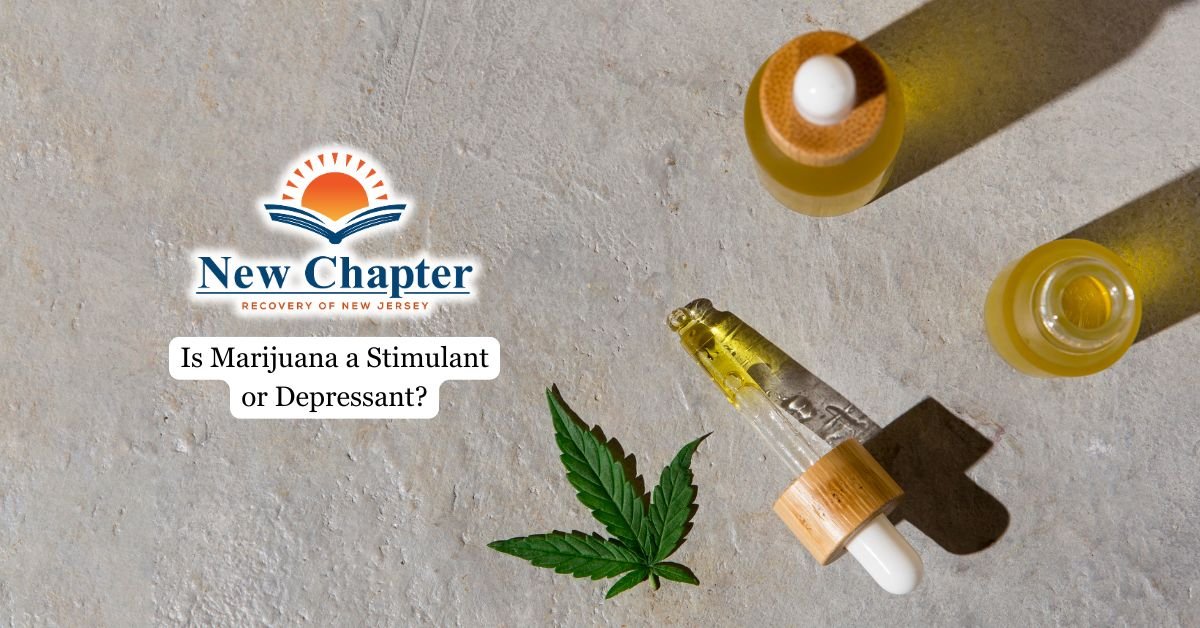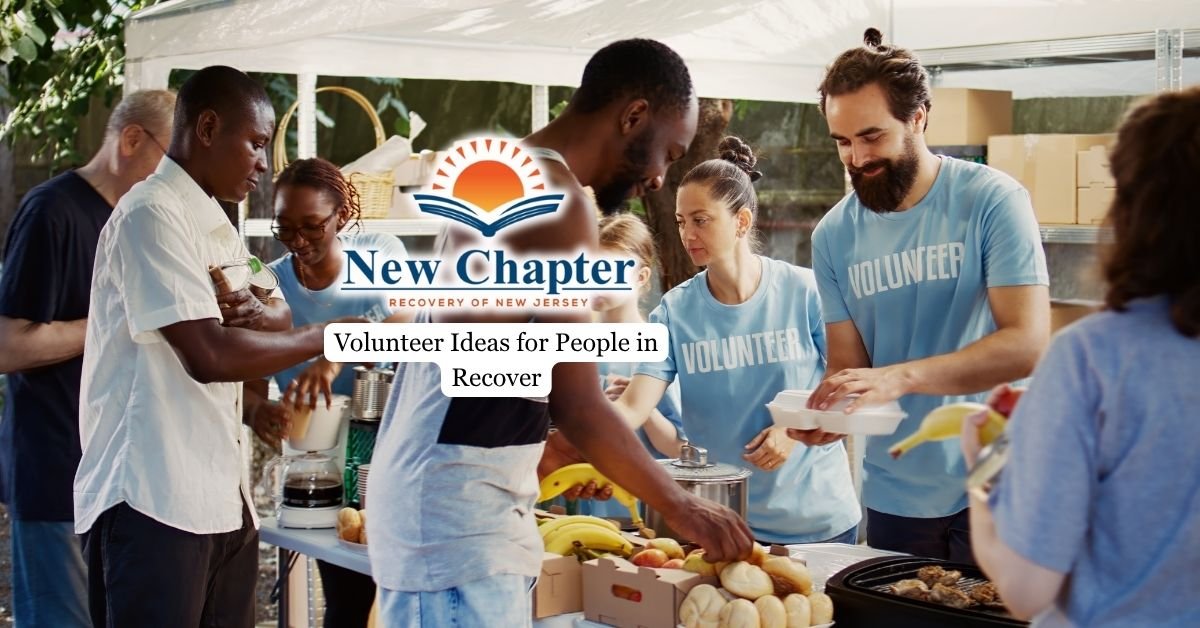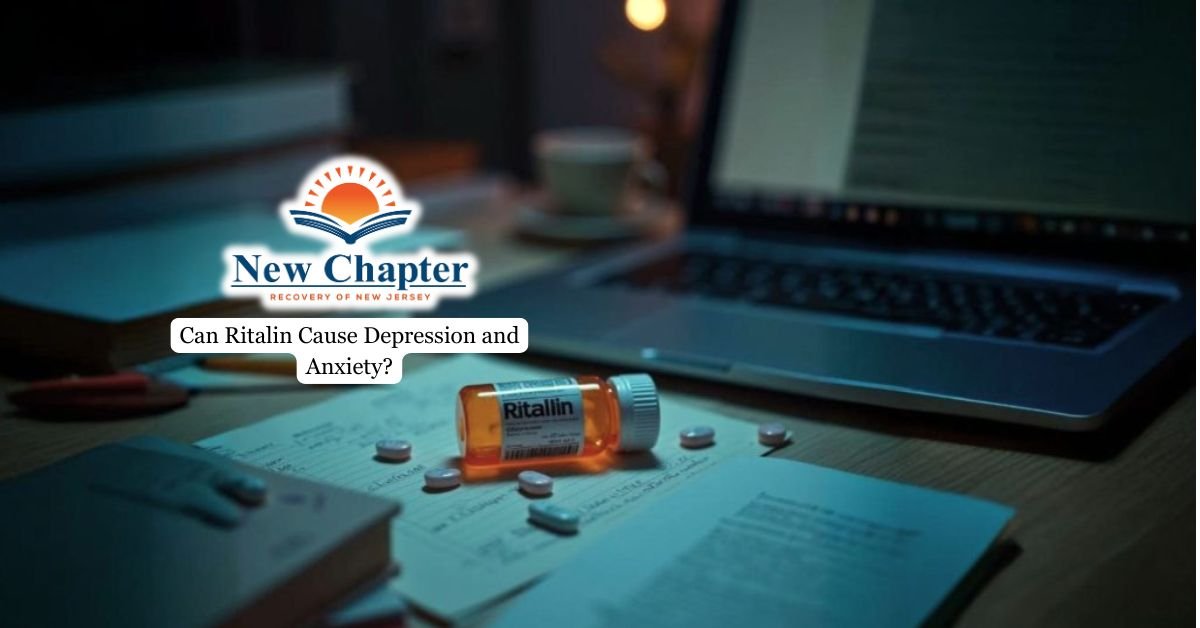Whether you are completing detox, participating in a treatment program, or transitioning into sober living, relapse prevention is essential. Below, we outline seven evidence-based strategies designed to reduce relapse risk and support lasting recovery.

Understanding Relapse and Its Impact on Recovery
Relapse is a common part of the recovery process, affecting 40-60% of individuals with substance use disorders. It often unfolds in stages—emotional, mental, and physical—before a person returns to substance use. Recognizing these early stages can help you take proactive steps to prevent a full relapse.
Triggers, both internal and external, play a major role in the relapse process. Emotional triggers like stress, anxiety, and loneliness can heighten cravings, while external triggers—such as familiar environments or social circles—may increase the temptation to use. Being mindful of these influences allows you to develop coping strategies that support your sobriety.
Best Strategies on How to Prevent Heroin Relapse
Addiction treatment programs, treatment centers, and professional help play a key role in providing the support needed to recover and reduce the risk of substance abuse. In this section, we’ll explore actionable strategies that empower addicts to stay on track, build a fulfilling life, and benefit from heroin addiction treatment tailored to their needs.
Developing a Personalized Relapse Prevention Plan
A well-structured relapse prevention plan can be a game-changer in your recovery journey. By identifying your triggers, recognizing early warning signs, and outlining clear coping strategies, you can stay in control during high-risk situations.
Here’s how to create an effective plan:
- Know Your Triggers – Identify situations, emotions, or environments that increase your risk.
- Spot Early Warning Signs – Pay attention to shifts in mood, behavior, or thought patterns that signal potential relapse.
- Build Coping Strategies – Practice mindfulness, reach out for support, or engage in physical activity to manage cravings.
- Have an Emergency Response Plan – Prepare a step-by-step approach for handling unexpected challenges.
Taking proactive steps now can help you stay on track and maintain long-term recovery.
Building a Strong Support Network
Recovery doesn’t happen in isolation. Surrounding yourself with positive, supportive individuals—whether through friends, family members, or recovery groups—creates a sense of accountability and encouragement. Attending meetings like Narcotics Anonymous (NA) or working with a sponsor provides a valuable space to share experiences, receive guidance, and reinforce your commitment to sobriety.
Managing Stress and Emotions Effectively
Stress is one of the biggest relapse triggers, making emotional regulation an essential skill in recovery. Practicing mindfulness, meditation, and deep breathing techniques can help you stay grounded when emotions feel overwhelming. The HALT method—checking in with yourself when you’re Hungry, Angry, Lonely, or Tired—can also help identify emotional needs before they escalate into cravings. Finding healthy outlets such as journaling, exercise, or creative activities can further support emotional balance.
Prioritizing a Healthy Lifestyle
A well-balanced lifestyle plays a major role in relapse prevention. Eating nutritious foods supports brain health and helps regulate mood, while regular exercise releases endorphins that naturally reduce stress and anxiety. Sleep is another critical factor—restoring your body’s natural rhythms through a consistent sleep schedule can improve emotional stability and overall well-being. By taking care of your physical health, you build a strong foundation for long-term recovery.

Engaging in Therapy and Continued Support
Whether through one-on-one counseling, group therapy, or Cognitive Behavioral Therapy (CBT), professional support helps you address underlying issues that contribute to addiction. Therapy also provides practical tools for managing stress, building self-awareness, and developing healthier coping strategies. Committing to regular therapy sessions, even when things are going well, reinforces your progress and strengthens your resilience.
Preparing for High-Risk Situations
Identifying potential high-risk situations in advance and having a clear action plan helps you navigate them with confidence. Whether it’s practicing refusal skills, reaching out to a trusted friend, or removing yourself from a triggering environment, knowing how to respond in the moment reduces the risk of relapse.
Staying Committed to Your Recovery Goals
Setting realistic goals and tracking your progress can keep you motivated, whether it’s reaching sobriety milestones, strengthening relationships, or pursuing personal passions. Every small victory matters—each positive step reinforces your resilience and strengthens your ability to maintain long-term recovery. With dedication and the right support, a healthier, more fulfilling future is always within reach.
Final Thoughts from New Chapter Recovery
At New Chapter Recovery, we understand that the journey to sobriety is deeply personal, and no two paths are the same. Recovery isn’t just about breaking free from addiction—it’s about rebuilding a life filled with purpose, faith, and fulfillment. By recognizing triggers, prioritizing self-care, and leaning on a strong support system, individuals can lay the foundation for lasting change.






